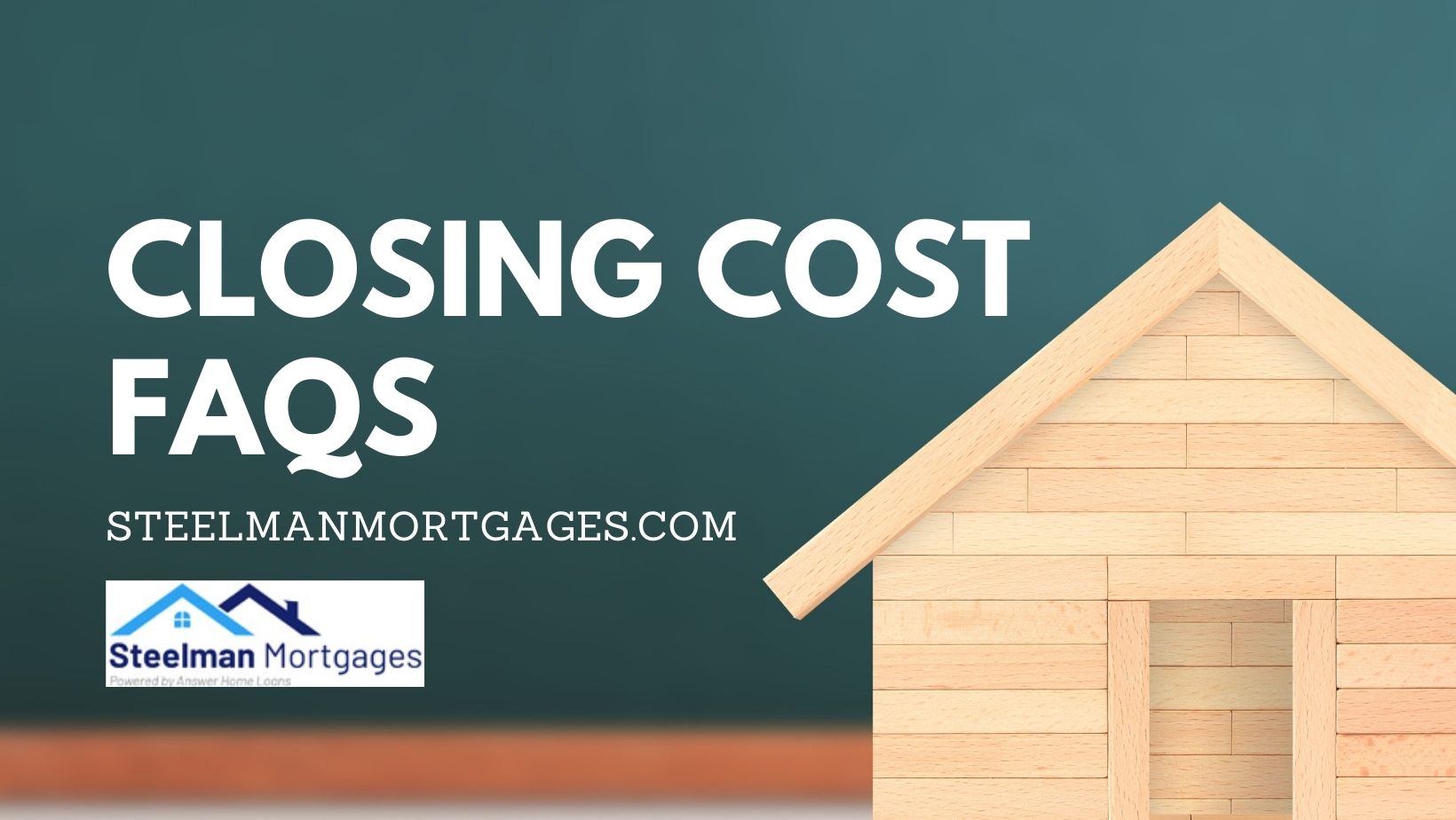 Expert recommendations to determine how much you can afford to spend on a mortgage vary. Some say you should never spend more than 25% of your gross income on your mortgage, while others recommend keeping the number below 33%. Less conservative advice may suggest an even higher percentage.
Expert recommendations to determine how much you can afford to spend on a mortgage vary. Some say you should never spend more than 25% of your gross income on your mortgage, while others recommend keeping the number below 33%. Less conservative advice may suggest an even higher percentage.
This is because figuring out how much house you can afford is not as simple as following a one-size-fits-all formula. Instead, you need to consider your lifestyle, changes you anticipate in the future, and your mortgage pre-approval to determine your housing budget.
Keep reading for some things to keep in mind as you plan to buy your first home.
Mortgage Pre-Approval
Getting pre-approved for a mortgage is an essential step in determining your housing budget. Make time to talk with a loan officer, who will look at all of the relevant documents and give you an idea of what the mortgage lender will say you can afford.
The amount you are pre-approved for is a great first step in determining your mortgage budget. After taking into consideration your debt to income ratio, your credit score, your income, and your assets, the experts will decide what they believe you can afford to pay for the foreseeable future.
Lifestyle
There are some details that your loan officer won’t be able to factor in, like the lifestyle you lead or plan to lead. As you are determining your mortgage budget, consider whether you plan to travel, entertain, or take up new hobbies.
Having enough financial margin to support your lifestyle is essential in making sure you buy a home you can truly afford. Consider these lifestyle factors as you come up with your budget:
- How do you plan to furnish the home
- Your savings goals
- Travel plans
- Convenience expenses, like eating out, housekeeping, and lawn care services
Maintenance and Emergencies
When determining your mortgage budget, you need to consider how prepared you are for the expected maintenance and emergencies that come with owning a home. Depending on the size and condition of the home, you can reasonably anticipate the emergency fund you should have on hand.
Take this into consideration as you look at potential properties. Even if the purchase price fits within your budget, an older home that will need a new roof or water heater in the near future may be a bigger investment than you are ready to take on. Similarly, a new construction home that comes with a slightly higher price tag may cost you less in the long run because the appliances, roof, HVAC, and other parts of the home are brand new.
Future Plans
None of us can predict the future, but you can make educated decisions when determining your mortgage budget by considering your plans. As you consider your monthly mortgage payment and how well it fits with your income and expenses, consider how your income and expenses may change in the future. If you plan to stay in the home for more than a couple of years, you want to make sure the payment is sustainable for a long time.
Consider these potential future plans as you decide what monthly mortgage payment is right for you:
- Family planning: Do you have children? Are you planning to start a family or grow yours? Will this affect your financial situation, either by adding in childcare costs or lowering income?
- Retirement: If you plan to retire in this home, do you know what your retirement income will be and how well the mortgage payment will fit within it?
- Continuing education: If you plan to go back to school to get another degree, will the home remain affordable during that period?
- Renovations: Do you hope to renovate or remodel the property? If so, are you planning to wait until you can refinance and use those funds to renovate, or do you hope to finance it from your own savings?
When you are ready to begin the process of buying your home, we have a team of experts to walk with you every step of the way. Contact us today to find out how we can help!
More Great Tips for Buyers:
5 Benefits of Buying a House with Good Credit
The Most Important Steps Toward Buying Your First Home
First Time Homebuyer Mistakes to Avoid
Tips on How to Get a Mortgage Without Tax Returns
What Determines Your Mortgage Rate





